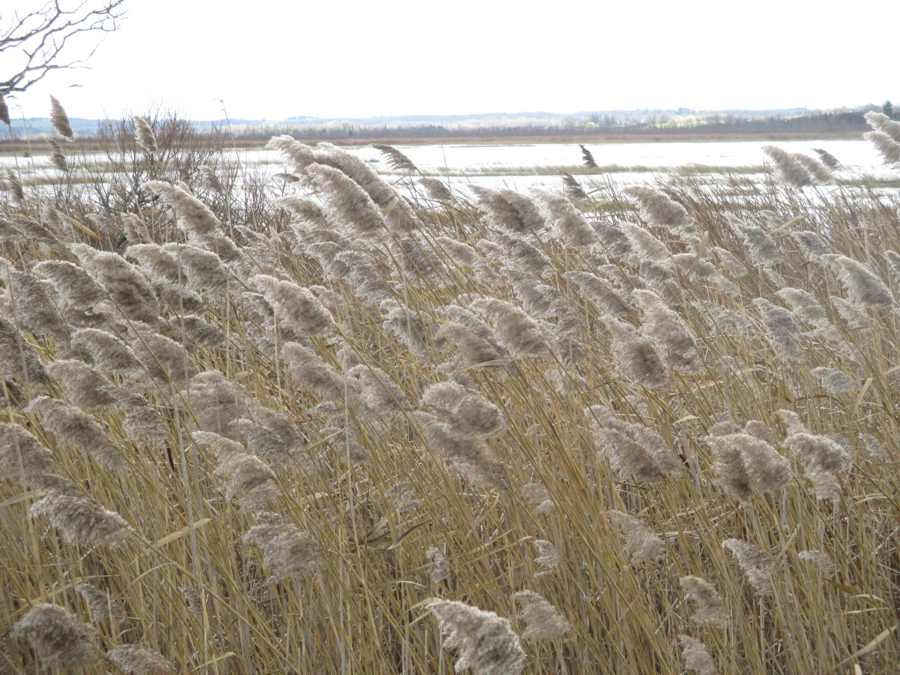CLOCA receives $1.6M in federal funding for Improving Climate Resiliency of Oshawa Second Marsh
- Oct 30, 2025
- 2 min read
Updated: Jan 13
Central Lake Ontario Conservation Authority (CLOCA) is pleased to announce the recent award of $1,614,500 of funding to CLOCA, as the project lead, from the Canada Water Agency (CWA) through The Great Lakes Freshwater Ecosystem Initiative for the Improving Climate Resilience at Oshawa Second Marsh Project. This Project builds on years of CLOCA’s monitoring and research, and partnerships with organizations such as Ducks Unlimited Canada, Friends of Second Marsh, the City of Oshawa, and others. which will enable the implementation of these long-term restoration plans.
The Project reflects CLOCA’s vision for the area, the value of these partnerships, and the ecological and community significance of Oshawa Second Marsh. the Canada Water Agency recognized the project for its strong scientific foundation, established partnerships, and potential to enhance wetland resilience in the Great Lakes region.
Key takeaways:
Funding from CWA provides $1,614,500 over the next four years (2025-2028) to restore and protect Oshawa Second Marsh coastal wetlands.
The overall project presents a holistic approach to safeguarding and enhancing the ecological integrity of this provincially significant coastal wetland.
Restoration efforts aim to protect and enhance both ecological values and the recreational and social benefits of the Marsh.
Integrating climate projections and nature-based solutions, a range of individual projects will build adaptive capacity within the wetland so that it can better withstand future environmental challenges.
This Project addresses pressing ecological challenges at Oshawa Second Marsh, building on extensive historical monitoring through the Durham Region Coastal Wetland Monitoring Project (DRCWMP). Monitoring has highlighted ecosystem decline due to climate stressors, invasive species, pollution, and human activities, emphasizing the need for urgent conservation action. Future stressors—including extreme temperatures, fluctuating water levels, and increased precipitation—pose ongoing challenges for marsh resilience. The project integrates scientific research, strategic planning, and community engagement to address complex ecological, social, and environmental factors. Comprehensive restoration strategies have been developed based on current research and best conservation practices. These strategies aim to enhance ecosystem resilience, restore degraded habitats, and promote long-term sustainability through Nature-Based Solutions. Adaptive management and ongoing monitoring will guide implementation and decision-making.
This recent award of $1,614,500 of funding to CLOCA, as the project lead, from the Canada Water Agency, represents a significant step toward improving ecosystem health and resilience at Oshawa Second Marsh. Central Lake Ontario Conservation Authority

and all partners recognize the ecological and social importance of the area and are investing in its long-term sustainability. For more information and project details, please visit the project page on our website.




Comments